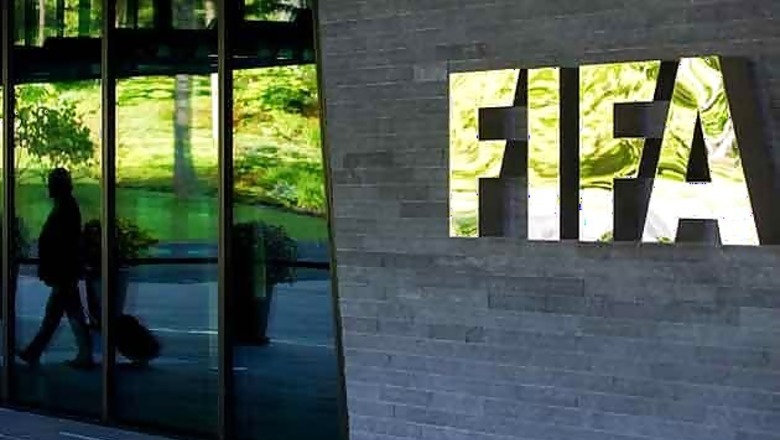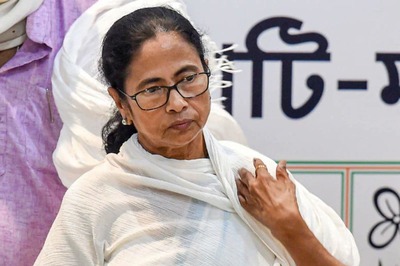
views
Zurich: An official overseeing reform efforts at FIFA has produced a radical blueprint for reform of soccer's scandal-hit governing body, including the abolition of its powerful executive committee, according to a person with knowledge of the plan.
Domenico Scala, the independent chairman of FIFA's Audit and Compliance Committee, proposes replacing the executive committee with a dual structure.
There would be a management committee including independent professionals charged with ensuring FIFA's day-to-day running, and a governing council playing more of an oversight role, the source said.
The governing council, which would have a lot less power than the executive committee, would be elected by FIFA's Congress, which consists of representatives from its 209 member associations around the world.
FIFA is facing unprecedented pressure to reform following the May indictment by U.S. authorities of nine current and former soccer officials on bribery-related charges. Many of them had served on the executive committee or in other FIFA positions.
But the proposed reforms are likely to face huge resistance from many within FIFA and from six regional soccer confederations, who currently wield a lot of influence because they nominate members of the executive committee. The move would remove the direct link between the continental confederations and FIFA's power structure.
A new Reform Committee, headed by former International Olympic Committee director general Francois Carrard, could take a different view, and although Scala is supposed to be overseeing its efforts he isn't in a position to control it.
Also the outcome of the February 26 vote to elect a new president to replace Blatter will likely have an impact on any proposals for major structural change.
Scala, who is the person charged by FIFA's outgoing President Sepp Blatter with implementing reforms, presented the plan to the executive committee at its meeting in Zurich on July 20, the source added.
TERM LIMITSHis reform plan also includes the introduction of term limits for all elected officials in FIFA.
They would be limited to a maximum of three four-year-terms and FIFA would also then demand that national football associations and confederations bring in the same limits - effectively spreading the practice to other levels of the game's governance, according to the source. Previous proposals had only included term limits for the president.
Although FIFA does not have the power to force its member associations to introduce their own term limits, the plan envisages changing FIFA's rules to ensure that only associations with term-limits are able to have individuals elected to FIFA's bodies.
A FIFA spokesperson did not immediately return an email seeking comment on Scala's plan.
Following the July 20 meeting, FIFA did issue a statement which said the meeting had heard the plans for term limits and "higher standards of governance at all levels of football structures including confederations and member associations, as well as individual disclosure of compensation."It added: "The members welcomed the presentation on reforms delivered by Domenico Scala ... the Executive Committee, supported by the confederations, reiterated its unity and stated its firm commitment to reform."The executive committee has already lost some of its previous power as recent reforms took away its ability to determine who hosts the World Cup that is held every four years, giving it to the full Congress instead.
The executive committee's last such decisions - the granting of the rights to hold the 2018 World Cup to Russia and the 2022 competition to Qatar - are currently the subject of a separate investigation by the Swiss authorities into alleged corruption in FIFA.
Swiss businessman Scala was appointed to his position in May 2012. He has also been made head of FIFA's ad-hoc election committee for the presidential vote.
FIFA's new 15-member Reform Committee is due to meet in mid-September and the organization has said that the body will be "overseen" by Scala's Audit and Compliance Committee and FIFA's Ethics Committee.




















Comments
0 comment